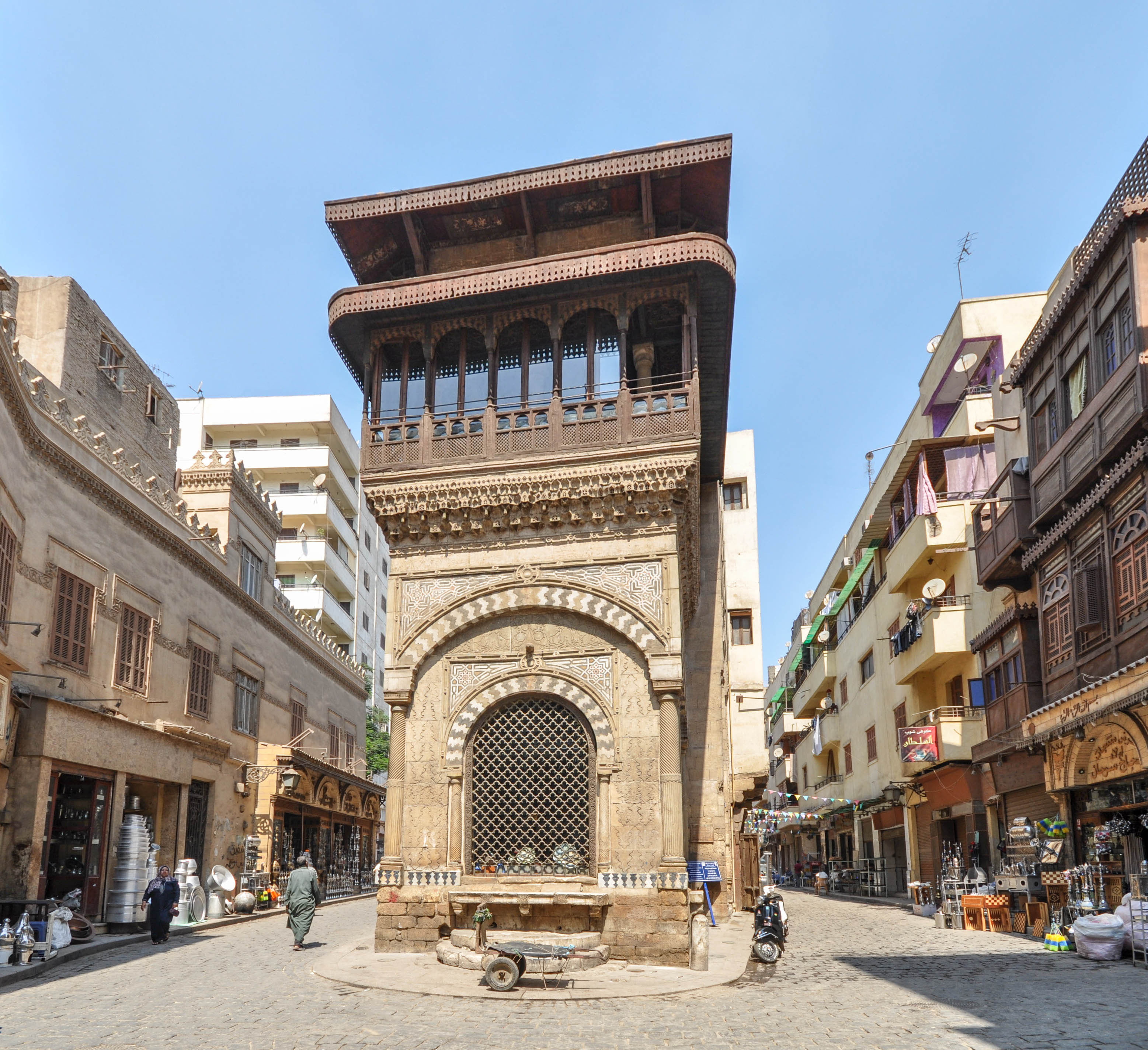Tessa Farmer, “Cairo’s Sabils: Gifting Water”
My research focuses on sabils, or charitable water fountains, as a key location for exploring vernacular water architecture and investigating the underlying conceptual frameworks that give them life. Sabils are important parts of the built environment of Cairo, drawing on religious precedence and enacting everyday ethical notions of reciprocity. They are particularly important in the changing environmental conditions of Cairo and point to the ways in which vernacular and small-scale water infrastructure can add to the picture of urban water resilience in the context of Climate Change. As vernacular memorials, sabils operate as the conduit and material co-producers of hasanat (merits accrued with God) for the souls of departed loved ones. As nodes in neighborly relations, sabils engage neighbors in practices of asynchronous exchanges of the embodied kindness of a cold drink of water and the ephemeral gift of participating in the accrual of divine favor. Sabils are an important manifestation of local process of creative resilience, everyday practices of tinkering and collective action that probe the limits of the possible, work to remake the built environment and stich together fluid social networks, and stake claims to the city. Additionally, the project will investigate the diversity of material forms, practices of care and repair for clay and metal water infrastructure, embodied notions of smell, taste and temperature, a shifting history of social responses to a material context of hardship, and practices of neighborliness that draw on religious traditions to shape the livability and transversability of Cairo’s urban landscapes.
